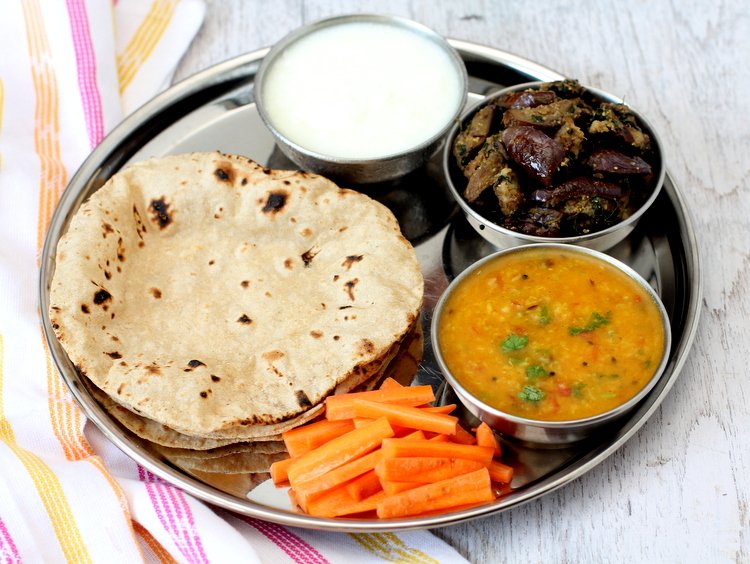The soaring prices of onions and tomatoes have pushed up the average cost of a vegetarian thali by nearly 8 per cent in April. Crisil Market Intelligence and Analysis' monthly "Roti Rice Rate" report at the same time said a decline in broiler price contributed to a decrease in the cost of a non-vegetarian meal.
The cost of veg thali, which comprises roti, vegetables (onions, tomatoes and potatoes), rice, dal, curd and salad, increased to Rs 27.4 per plate in April from Rs 25.4 in the year-ago period, and was also marginally higher when compared to Rs 27.3 in March 2024, the report said.
It attributed the overall hike in vegetarian thali price to a 41 per cent increase in onion, 40 per cent in tomato, 38 per cent in potato, 14 per cent in rice and 20 per cent in pulses. Prices of cumin, chilli and vegetable oil declined 40 per cent, 31 per cent, and 10 per cent, respectively, preventing further increase in the thali cost.
In the case of non-veg thali, which comprises all the same ingredients but dal gets replaced by chicken, the price declined to Rs 56.3 in April as compared to Rs 58.9 in the year-ago period, but was higher when compared with the March price of Rs 54.9 per thali.
A 12 per cent decline in the broiler price, which has a 50 per cent weightage in the overall price, was the primary reason for the decline in the cost of non-veg thali on a year-on-year basis, it said. When compared to March, the price of non-veg thali increased by 3 per cent due to a 4 per cent increase in the price of broilers, mainly on account of higher demand and high input costs, the report added.
Pushan Sharma, Director- Research, CRISIL Market Intelligence and Analytics said that Since November 2023, the prices of vegetarian and non-vegetarian thalis have been diverging. The vegetarian thali has become costlier on-year, while the non-vegetarian thali is cheaper. This is mainly because of declining broiler prices, while the prices of vegetables such as onions, potatoes and tomatoes have risen on a low base. Going ahead, we expect vegetable prices to remain firm, though an anticipated decline in the prices of wheat and pulses would provide some respite.
The average cost of preparing a thali at home is calculated based on input prices prevailing in north, south, east and west India. The monthly change reflects the impact on the common man’s expenditure. The data also reveals the ingredients (cereals, pulses, broilers, vegetables, spices, edible oil and cooking gas) driving the change in the cost of the thali.

